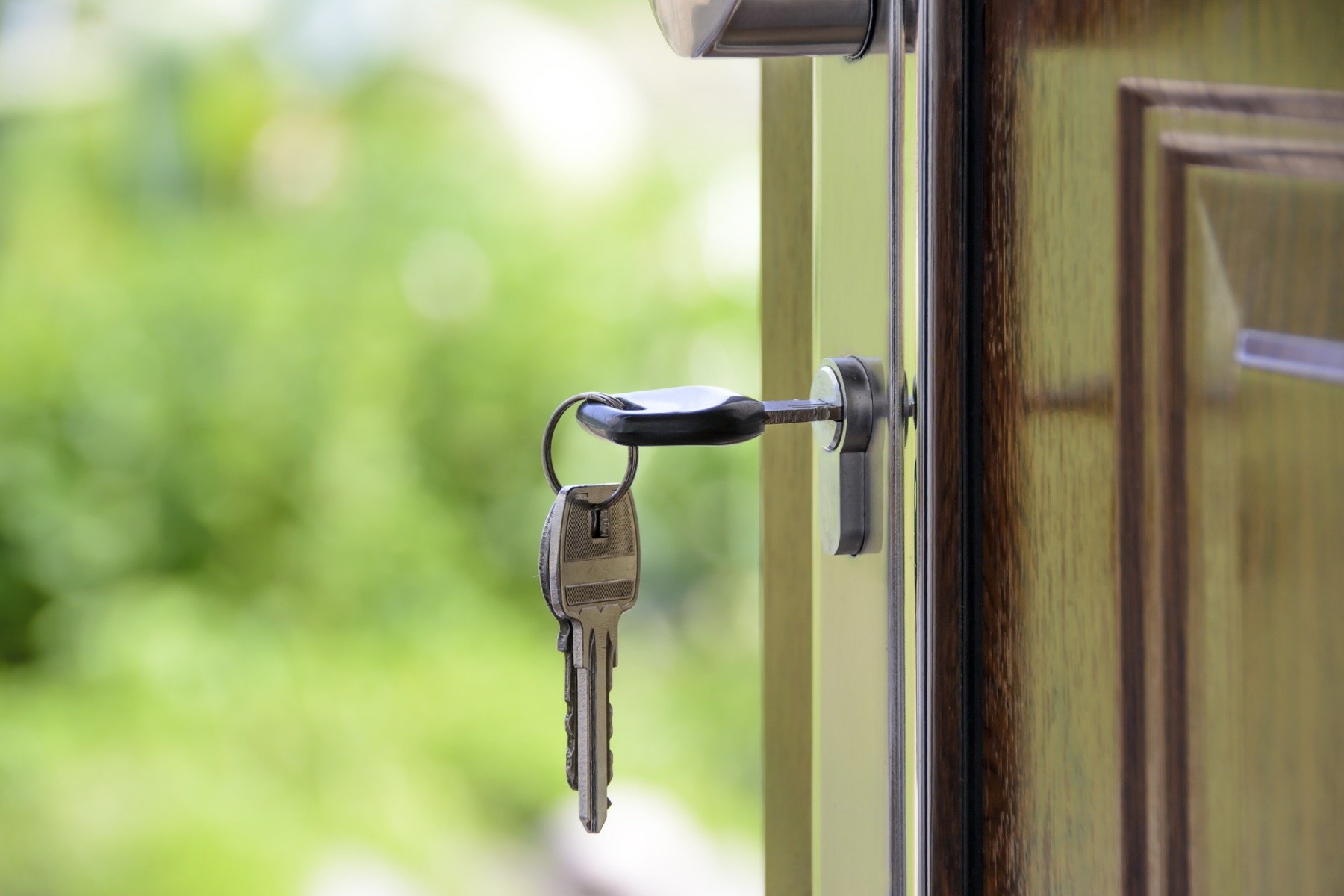Coronavirus Fears Stall Eviction Cases In Fulton County

Fulton County heard more than 45,000 landlord-tenant matters last year. A judicial order from Fulton County’s Chief Magistrate Judge Cassandra Kirk now suspends those hearings for 30 days.
Pixabay Images
To stem the spread of the coronavirus, Fulton County’s court has stopped hearing all non-essential cases. And that means no eviction cases in the county with the most eviction filings in the state.
Fulton County heard more than 45,000 landlord-tenant matters last year. The hearings typically happen two days a week and last from morning until evening.
The judicial order from Fulton County’s Chief Magistrate Judge Cassandra Kirk now suspends those hearings for 30 days.
Ayanna Jones-Lightsy, who works to prevent evictions at Atlanta Volunteer Lawyers Foundation, said the pause could give tenants a chance to breathe.
Many might already be dealing with hours cut at work or even job loss because of the COVID-19 virus, she said, which might make them vulnerable to evictions.
“I’m hopeful that they think, at least for right now, that’s a burden that they don’t have to worry about,” she said.
For those already facing eviction filings, Jones-Lightsy said the emergency order could buy them more time to respond. Under normal circumstances, Georgia law only gives tenants a week to file an answer.
But there could be consequences for the delay in hearings, said Heather Johnson, an attorney at the Rushing Firm. Her clients are typically landlords.
She said if smaller landlords in particular can’t get rent and they don’t have any recourse, they might fall behind on their mortgages.
“And what that means is if this continues for a long period of time, there’s a chance that the landlord is risking that property going into foreclosure,” Johnson said.
While the court won’t be allowing any new eviction cases to move forward, the county’s marshals are still executing writs of possession already granted by the court.
The continuation of evictions gets to a key point about the emergency order: it was to prevent the spread of the coronavirus in courtrooms, not to provide economic relief for tenants.
Landlords can still file for evictions while the order is in place. When the hearings resume, Johnson said all of the earlier cases also will need to be rescheduled.
“We’re going to have a lot of people in court,” Johnson said.








